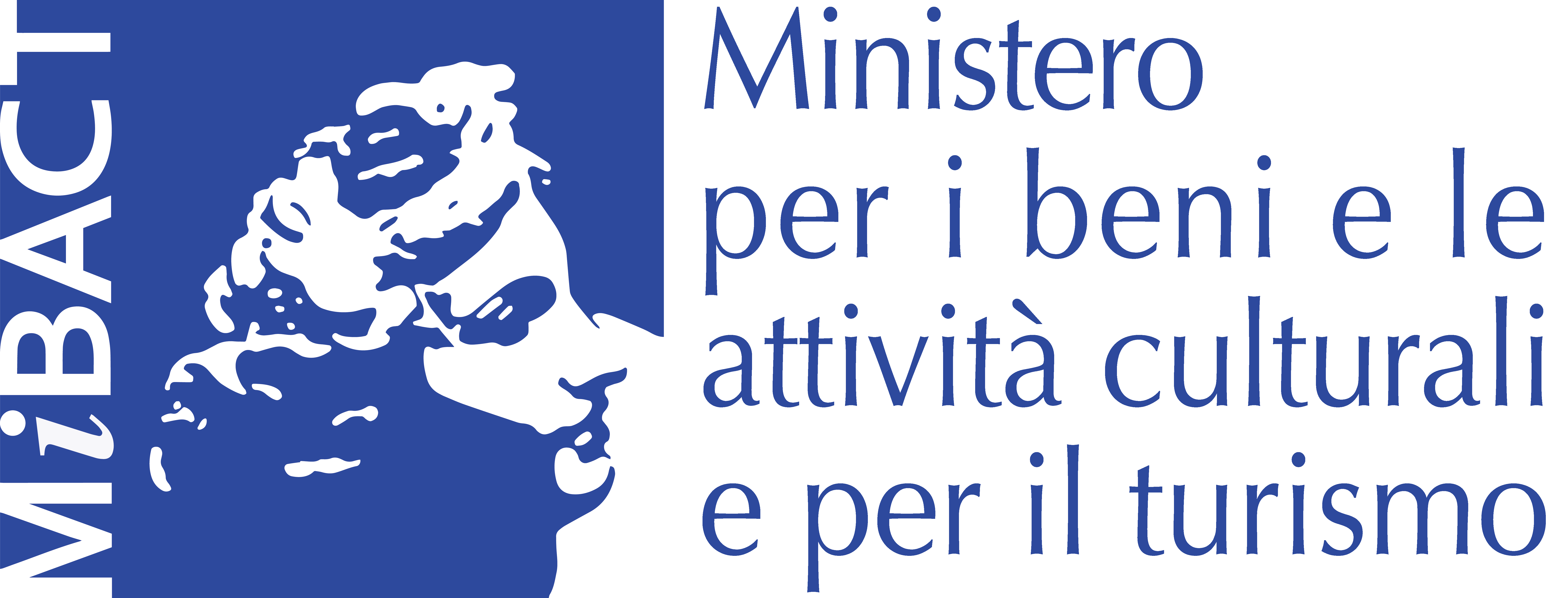Listen, talk, spell, act
EU KA2 project LISTEN, TALK, SPELL, ACT







Kindergarten Medveščak started KA2 project "Listen, talk, spell, act". The project will last from October 1, 2017. and will end on September 30, 2019. The total value of the project for all involved institutions is € 111,485.00, and our institution is the coordinator and the holder of the project.
Holder and coordinator of the project:
Kindergarten Medveščak (Croatia)
Partners in the project:
NGO Blaberon (Croatia) – partner
Faculty of Humanities and Social Sciences (Department of Linguistics), University of Zagreb, (Croatia) – partner
NGO Divlja Misel (Slovenia) – partner
Šiaulių r. Kuršėnų lopšelis-darželis “Buratinas” (Lithuania) – partner
Cukurova Anaokulu (Turkey) kindergarten – partner
Istituto Comprensivo Fiano (Italy) – partner
Description of the project:
The project “Listen, talk, spell, act” (LTSA) aims at raising awareness of preschool teachers and parents of the importance of reading to kindergarten children. The project will enable preschool teachers’ to achieve high quality skills and competences in the field of early reading and children to improve their abilities in the area of literacy and critical thinking. Due to poor statistics about reading achievements all over Europe, a big part of this project is the exchange of good praxis and experiences among different international partners which can result in new and innovative reading methods and strategies for enhancing early reading.
The project stimulates the vertical collaboration between different educational and civil society institutions. Kindergarten Medveščak connected three main parts of encouraging reading – national strategies, science and praxis. They choose two NGOs – Divja Misel and Blaberon to exchange their methods for encouraging reading based on their practical experience, which comes directly from reading strategies. Even though Blaberon is also, with its linguistic associates, partaking in the making of scientific results, Medveščak wanted to connect the academic world with more practical ways of reading to children as well, so it choose Faculty of Humanities and Social Sciences to be a partner and help build the scientific part of the project – to give the project data and analyses necessary for the precise future strategies in reading to children. The role of the Turkish, Italian and Lithuanian kindergartens is twofold: they will implement the project’s scientific data and use them to rethink their daily praxis and usual strategies, but kindergartens will also use their long experience in reading to children to connect the Faculty and the NGO’s to the everyday praxis, and by doing that they will promote new theories developed from their praxis. In this way the vertical partnership will enable a reciprocal relationship of all partners – theory will develop into new praxis and praxis into new theories. During the project all partner’s institutions will be trained at the short-term joint staff training events in order to develop their professional skills in the early reading area.
Three target groups, who will all benefit from this project, are: preschool teachers, who will get new knowledge and competences which will improve their professional skills in the field of early reading area; parents, who will participate in various workshops and lectures about their irreplaceable role in reading to their children; and finally kindergarten children, who will benefit from their teachers’ and parents’ awareness of the significance of early reading. After taking part in reading programs, children will be better prepared to start school, since they will develop their pre-reading skills. Books will become a normal part of their lives and they will continue to read every day. Parents will be more aware of the importance of early reading to children, they will understand their own important role in reading to children and developing their pre-reading skills, and will continue to read to them even when children have a capability of reading themselves, and maybe some will even be inclined read more themselves. Preschool teachers will have a changed attitude toward reading and will implement new methods of early reading into their daily work.
Methodology for reading to children in the project will be interactive approach, encouraging active listening skills, free verbal and non-verbal expression, dramatization of stories and storytelling. Methodology for the scientific part of the project will be collecting the unknown words from carefully chosen picture books, statistical analysis and interpretation of results. The intellectual outputs of the project include Protocols for observing, recording and documenting the development and learning processes in children, a word list of an unknown and less known words from the picture books, research material which could in the future be used to measure the children’s language skills, a questionnaire about the teachers’ and parents attitude towards reading and a reading handbook for parents and teachers which will be available on-line.
http://www.vrtic-medvescak.zagreb.hr/UserDocsImages/LTSA-letak.pdf
- Transnacional project meeting in Slovenia
- Transnacional project meeting in Lithuania
- Transnacional project meeting in Adana
- Transnacional project meeting in Italy ( 25.02.-01.03.2019)
- Jobshadown in Italy 22.-26. 10 .2018
- Jobshadown in Lithuania 19.-23.12.2018
- Jobshadown in Croatia 10.-14.12. 2018
- Jobshadown in Turkey 14.-18.01.2019
- Children Activity
- Parents Activity
Permalink Comments off











